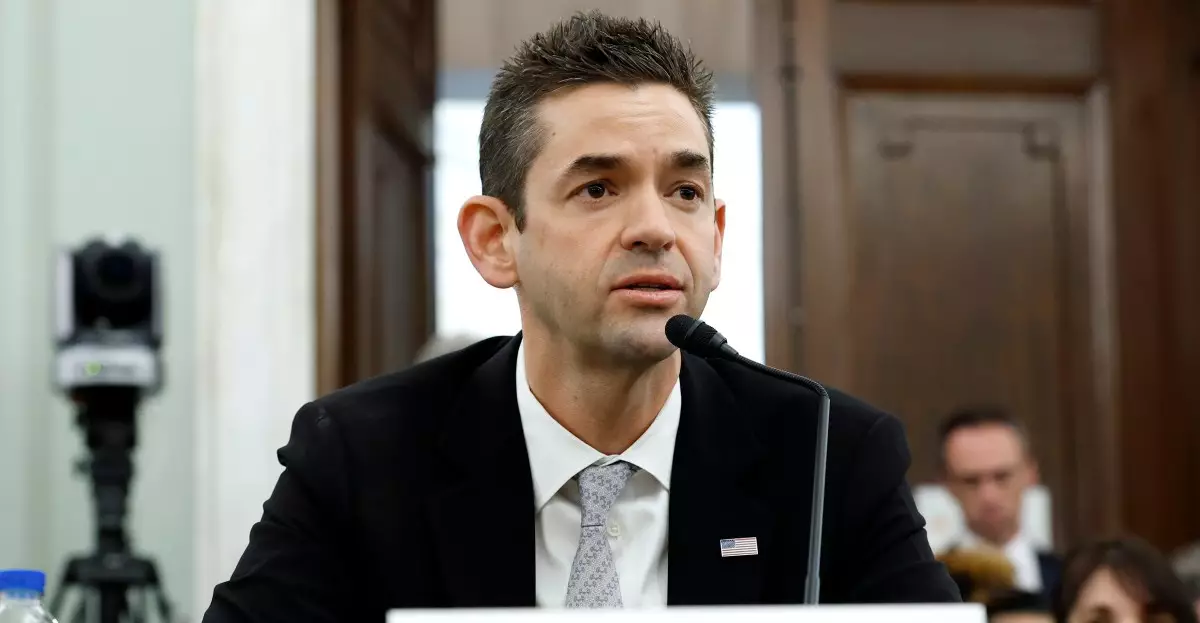Jared Isaacman, a notable figure in the commercial space industry and ally of Elon Musk, was recently nominated to take the helm at NASA. However, his nomination was abruptly rescinded, reportedly due to his past financial contributions to Democratic candidates, including Senator Mark Kelly from Arizona. This episode raises questions not only about the intersection of politics and science but also about the implications for NASA as it navigates a complex funding landscape. The decision reflects a broader trend where political affiliations increasingly dictate leadership choices, potentially at the expense of expertise and vision.
The Impact of Political Alignment on Leadership Choices
As the U.S. government grapples with its ambitions for space exploration, it is essential to have leaders who not only possess technical expertise but also a vision compatible with the administration in power. Liz Huston, a White House spokesperson, articulated the necessity for NASA’s leadership to fully align with President Trump’s “America First” agenda. This insistence on political conformity raises concerns about the effectiveness of the agency in carrying out its crucial scientific missions. The emphasis on political alignment might lead to less qualified individuals being appointed to critical roles, jeopardizing NASA’s innovative potential.
Budget Cuts and the Future of NASA
In conjunction with the upheaval in leadership at NASA, the agency faces significant budget cuts, with a proposed reduction from $24.8 billion to $18.8 billion for 2026. This scrutiny of NASA’s funding has led industry experts, such as those from The Planetary Society, to label this as “an extinction-level event” for the many successful scientific programs that NASA has championed. Such severe budget constraints could stifle exploration and undermine past investments made by taxpayers, raising critical questions regarding the future of space science in the United States.
The Broader Implications of the Nomination Withdrawals
The withdrawal of Isaacman’s nomination serves as a microcosm of a larger political climate—one where space exploration and scientific advancement may become secondary to partisan objectives. The ramifications are profound; the very fabric of NASA’s mission is at stake when the focus shifts from meritocracy to political favors. The Twitterverse and subsequent media analyses have highlighted this dissonance, articulating a collective concern that the scientific community might suffer as a result.
Future Prospects: A Call for Visionary Leadership
NASA must reconcile—not just for the aspirations of space exploration but to retain its status as a global leader in scientific research. The need of the hour is for visionary leadership that prioritizes expertise over political credentials. As the space race intensifies on a global scale, the United States risks lagging if political agendas derail the agency’s ability to innovate. It is critical that NASA finds a way to return to its core mission of discovery and exploration, unabashedly aiming for the stars without the hindrance of a politicized agenda. As we observe these developments, it’s incumbent upon experts and advocates in the space sector to continue calling for leadership that emphasizes progress over partisanship.

